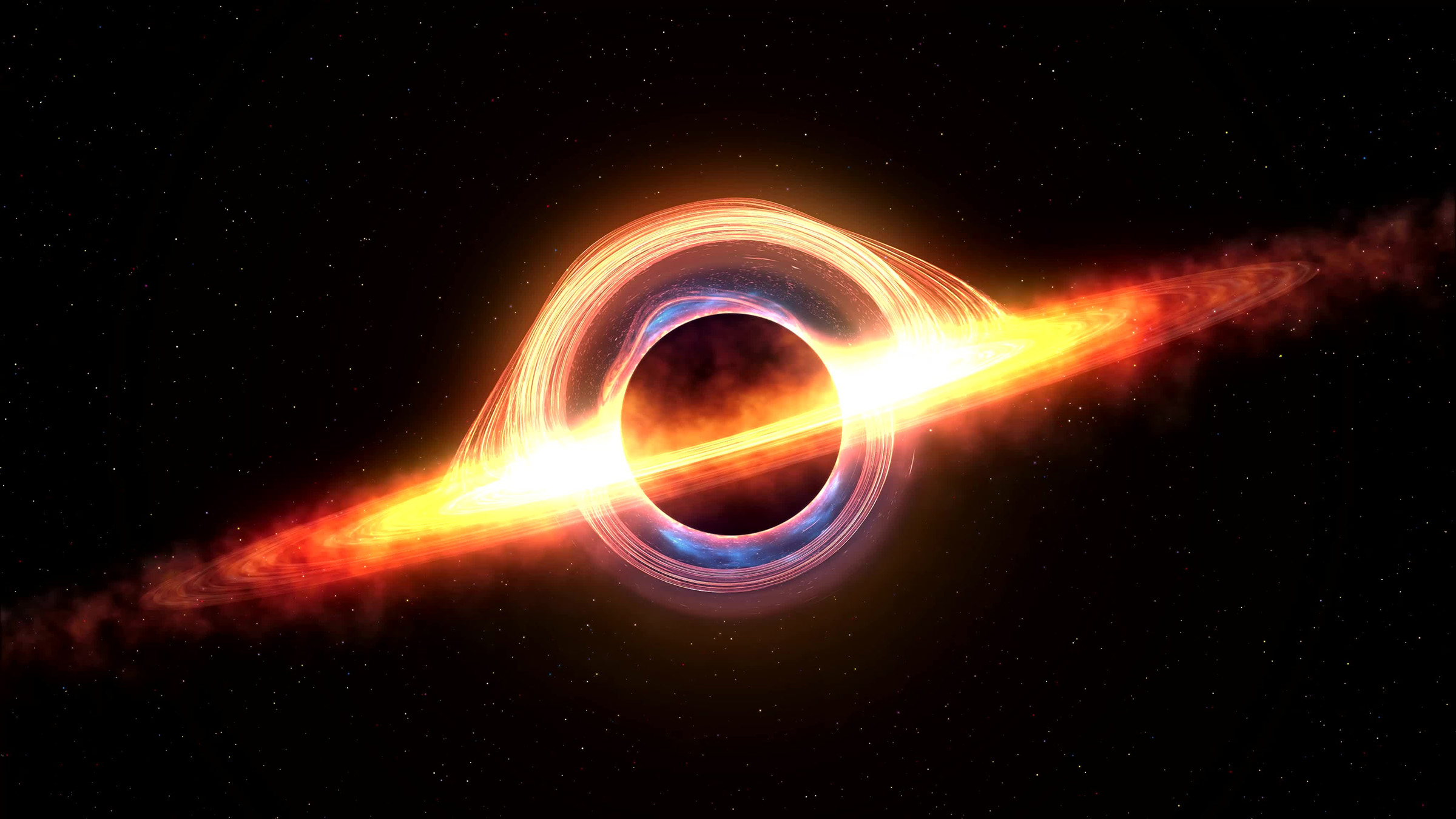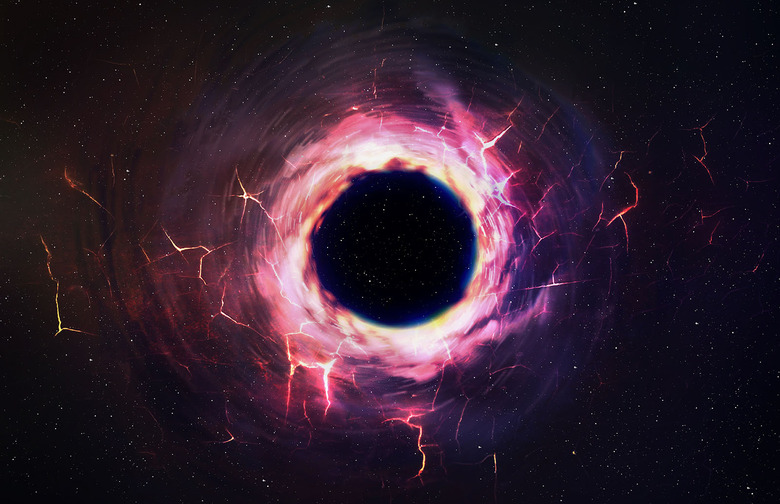Researchers Think Alien Civilizations Might Be Creating Black Holes To Store Quantum Data
A new paper has proposed an absolutely wild idea. What if aliens are creating black holes to use as quantum storage? It sounds crazy, but some scientists say it could give us a solution to the Fermi Paradox, which essentially states that if life is common in our universe, why have we not found evidence of it beyond Earth?
This paradox has caused quite a few ripples throughout the scientific community, especially within parts that believe alien life is out there, just waiting to be discovered. The new paper has yet to be peer-reviewed, but it was created by a team of German and Georgian scientists who say we may be looking in the wrong direction in our search for alien life.
Currently, we rely on radio signals to search for signs of life out in the universe. But, these researchers suggest that we should instead approach black holes as if alien civilizations created them as massive quantum computers to store data in. As such, we should be looking for technosignatures emanating from megastructures like pulsars, white dwarf stars, and black holes.

The original concept that black holes could act as limitless sources of energy dates back to the 1980s, when astrophysicist Roger Penrose first suggested it. While it may seem unlikely, researchers actually agree that small, artificially created black holes could act as capacitors for quantum information. As such, why couldn't alien-made black holes do the same?
According to those same researchers, all we have to do is find evidence of the technosignatures within a black hole to prove the theory a possibility. Further, we already have the technology to do that as researchers claim the IceCube Neutrino Observatory situated in Antarctica has the ability to detect technosignatures in black holes, which could confirm that aliens created them as used them to store data.
Of course, this is just one potential direction that we could take in our search for extraterrestrial life. While it seems crazy that aliens could be creating black holes and storing quantum data within them, it is at least a direction that astronomers and astrophysicists can explore. And, if it doesn't pan out, scientists will undoubtedly come up with a new direction to try.
